My experience as a presales engineer.

Typically, my professional career has been as a polymath in startup environments, taking on any necessary tasks from marketing to programming always with a tech focus. Recently, I found myself in a fast-growing company taking on a very corporate culture. Having started as a generic tech employee, I found myself being placed into more siloed and focused departments. As a result, I bounced around trying to find the best fit with the last transition to presales. For the past year I have worked as a Pre-sales Engineer.
I spent a fair amount of time researching the role prior to making the change, and while this is a fast-growing profession, the online content is sparse. In the hopes of helping the next technologist considering this move, here is what I've learned.
What is a pre-sales engineer?
Pre-sales engineers act as the tech arm of the sales process. Collaborating with sales representatives to answer questions, provide demos, and ensure a technical fit for both the customer and company.
The exact job requirements can have a massive range. Some companies employ pre-sales programmers to build out any necessary demos while others rely on their pre-sales engineers. Many pre-sales engineers are responsible for building out presentations, content, and slides, while others have that content provided by product marketing or sales support. A pre-sales engineer may only be brought into the sales funnel when necessary or they may be treated as a partner to the sales rep helping with both technical support as well as sales strategy. In the end it can be a technical position with a touch of sales or a sales position where you answer a few technical questions and provide pre-built and scripted presentations.
My personal experience started with a wide range of responsibilities, I built custom demos, created new presentations, and helped gather requirements to develop a project plan. As a fast-growing and changing company, this quickly changed. Responsibilities became more focused as departments and roles were added. Development partners became the source of custom-built demos. Presentations were built and standardized in product marketing. Finally, professional services were leveraged for any solutioning. This left a core set of responsibilities including:
- Responding to technical RFPs (Request for Proposal)
- Giving predefined presentations and demos
- Assisting the sales representative
This linked up with the only formal training provided to the pre-sales engineering team - command of the message - which focused exclusively on sales process and customer interactions.
Within a year, a highly varied technical position became an extremely focused sales role.
Should you become a pre-sales engineer?
Maybe.
It really depends on your personal goals, qualities, and ideal working environment. There is also a vast range of responsibilities from company to company. It can be an illustrious career for the right candidate and comes with a strong set of benefits:
- High salary + potential for commission
- Clear objective (growing sales).
- Ability to network with a variety of companies and employees.
- The opportunity to master your communication and people skills.
- A high-level view of industry news and technology.
Why I left.
Personally, the cons outweighed the pros, making pre-sales a poor fit. Looking back at the last year, my experience can be summed up by the four words I consistently heard from my peers:
You know too much!
At first this felt like a personal failing. I had to learn how to answer questions succinctly and clearly without bombarding the prospect with extraneous information. With implementations, additional context avoided future issues, but in presales less is more.
Understanding the edge cases, complexity, and requirements of a specific feature meant I needed to dig deeper before providing a concrete answer and along the way may end up realizing the system was a poor fit. By contrast, if I only had surface level knowledge, staying only as deep as the sale's material, I could simply say "Yes, we support that", after all, it says so right on the PowerPoint slide.
The best pre-sales engineers know what works and have just enough insight to re-assure a prospect. I knew what didn't work, what would cause problems, and which details would impact project timelines. If a prospect insisted on going deep into technology, diving into the weeds of their requirements, this knowledge was helpful, but more often it was a hindrance. I questioned if I were lying by omission, where if I knew less, it never would have crossed my mind.
You are doing too much!
I was building custom demos, creating custom products, customizing promotions, and building out entirely new talk tracks and content to suit each prospect. This caused me to work well beyond the standard 40 hours. I couldn't understand how my counterparts were handling more engagements, but seemed to have more time, meanwhile I was burning out.
In retrospect, these additional activities didn't help close the deal, the single most important metric for my job. They didn't make the sale any smoother, faster, or increase the deal size. In retrospection, I did all this work for me, it was the fun part.
I enjoy building things, whether it be software, a team, or a shed behind my house. The act of building something new brings me joy and satisfaction. I was building custom demos and slides as that was the fun part of the job and I wanted more of it. Unfortunately, the other work was more important, so this ended up eating into my personal time and made me a worse pre-sales engineer.
You are focused on the wrong prospects!
When a large company came through, we were expected to give them extra focus and attention. This makes perfect sense, they had larger contract values, and global brands helped build out the "Nascar slide" attracting additional large companies.
The thought of a massive deal and corresponding commission failed to motivate me. Large companies often required extensive handholding, but it was mostly basic functionality, things that could be read in the documentation or found in a quick whitepaper. Of course, you can't tell a global brand to RTFM on a sales call.
On the other hand, small startups were often led by brilliant engineers who have already read the manual, tested the free trial, and were ready to have deep technical discussions with innovative ideas and possibilities.
I hated that boring corporate companies received so much additional time and attention when it was the small to medium sized business that were intellectually challenging. From a sales perspective, my view made little to no business sense.
I found the job exhausting. It was not mentally challenging, or physically grueling, but I still ended each week exhausted. This was because I had no control over my own calendar. I had no idea what meetings I would be pulled into each day or if I would even get a break for lunch. I was at the beckon call of the sales rep, they had a quota to hit, and a commission check to earn. While I craved time to for focused work and required breaks to recharge before the next social interaction, my work calendar was often a wall of remote meetings.
For a techie who loves learning new skills, going deep into the weeds of a problem, and constantly building, pre-sales was a poor career choice.
